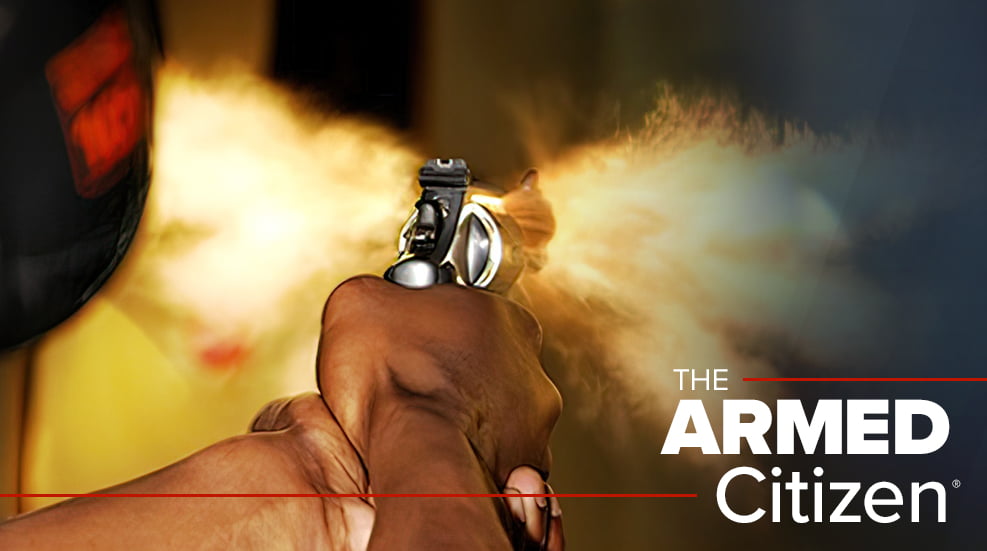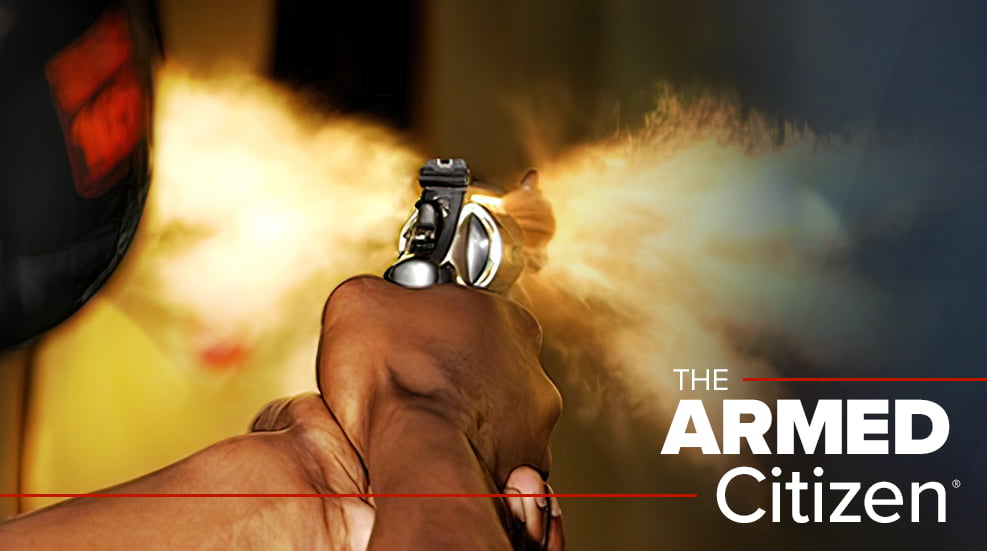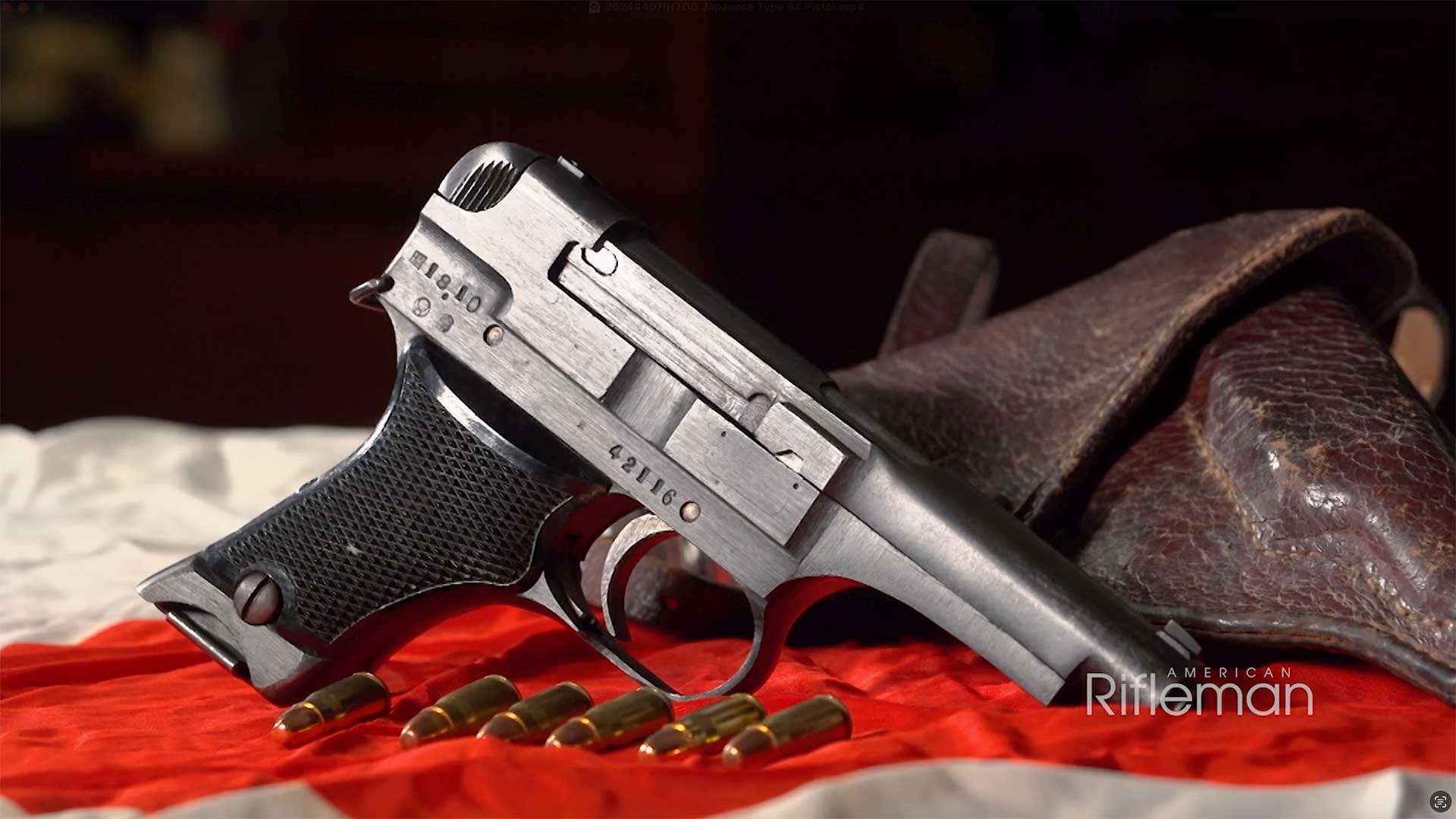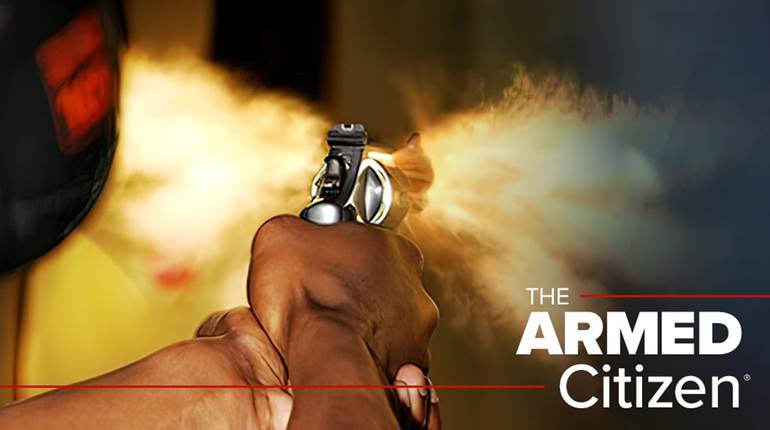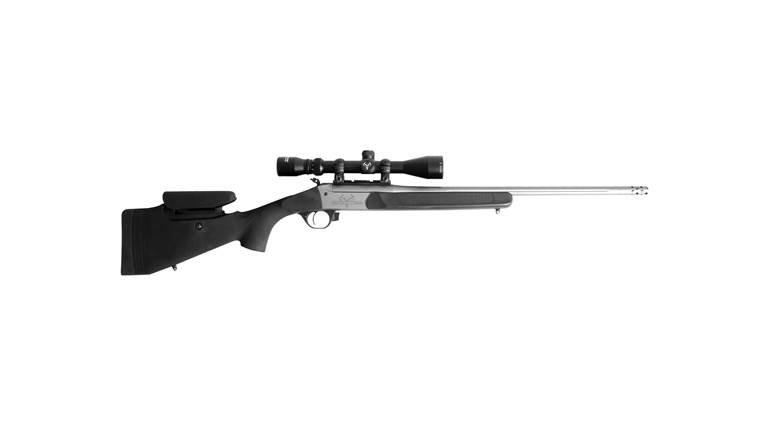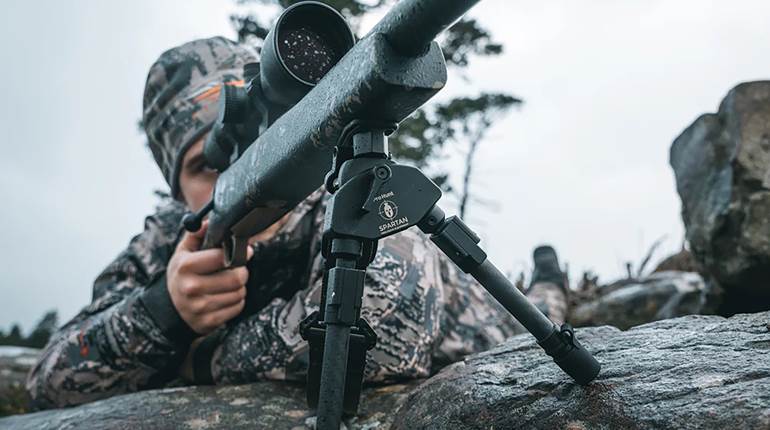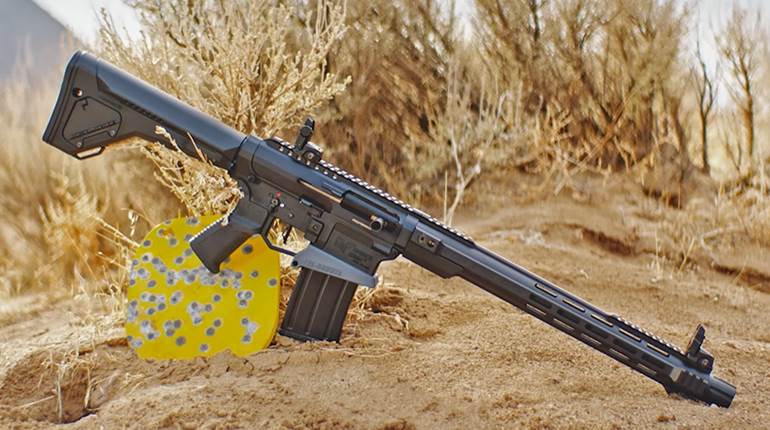
Whether for fun or business, traveling presents many challenges if you're transporting or carrying one or more firearms. The last thing you want is to have your trip interrupted by an unexpected detour to a local jail.
This is a quick guide with five simple tips and some reference material to help make your trip go smoothly. Remember, laws change regularly and while it doesn't seem fair, it's ultimately your responsibility to know and abide by current law.
Meet Federal firearm transportation guidelines
For the most part, Federal law is pretty straightforward. No federal permit is required. And the Firearms Owners' Protection Act (FOPA) shields you from local restrictions if you're transporting firearms for lawful purposes.
Under FOPA, notwithstanding any state or local law, a person is entitled to transport a firearm from any place where he or she may lawfully possess and carry such firearm to any other place where he or she may lawfully possess and carry it, if the firearm is unloaded and locked out of reach. In vehicles without a trunk, the unloaded firearm must be in a locked container other than the glove compartment or console. Ammunition that is either locked out of reach in the trunk or in a locked container other than the glove compartment or console is also covered.
Exceptions apply to those who are convicted felons; persons under indictment for felonies; adjudicated "mental defectives" or those who have been involuntarily committed to mental institutions; illegal drug users; illegal aliens and most nonimmigrant aliens; dishonorably discharged veterans; those who have renounced their U.S. citizenship; fugitives from justice; persons convicted of misdemeanor crimes of domestic violence; and persons subject to domestic violence restraining orders.
Guide to the Interstate Transportation of Firearms-summary of interstate transportation laws
Federal Firearms Regulations Reference Guide-downloadable PDF
BATFE's Answers To Frequently Asked Questions-downloadable PDF
Airline Transportation of Firearms-essential information if you're traveling by air
Abide by state and local gun laws
This is where things get a little tricky. Laws vary place-to-place, and if you do anything other than pass through a state, you must obey all local laws. This is especially true when you are carrying a loaded firearm in your vehicle or on your person
There's no shortcut here. You need to map out your trip state-by-state to be sure you stay legal during your trip.
State Gun Laws at a Glance-see the interactive chart at the bottom of the page for information on state laws and CCW reciprocity
State-by-State Handgun Laws-website with detailed information of interest to travelers
The Traveler's Guide to the Firearm Laws of the Fifty States-handy printed guide for purchase that you can stow in your vehicle
Which States Honor Your CCW License?-two-part list showing which states honor your CCW license and what other state licenses your state honors
BATFE's State Laws and Published Ordinances - Firearms, 2010-2011-nitty gritty details of state laws, not for the feint of heart
Ask about restrictions at specific locations
This is pretty simple if you plan every stop in advance. It's just a matter of making a few phone calls and asking about any firearm restrictions. Unless you plan to disarm, you'll need to choose your lodging, camp sites, parks, etc. based on the answers you get.
Get a concealed carry license
If you don't have one, get one whether you plan to carry on your person or just have a firearm in your vehicle. In most places, this simplifies the laws that apply to you and make transportation and possession easier to do legally. If you're staying in a state where your home state license is not honored, get a non-resident license for that state or find a non-resident license that covers that state.
Guide to Non-Resident Licenses
Drive carefully and obey the speed limit
While you should make a good-faith effort to do everything right, being a careful driver can help you avoid situations where you discover what you've done wrong. Nearly every time someone gets in trouble for violating a state or local law, it's related to a traffic stop. An officer pulls you over, discovers you have a gun, then finds a technical violation.

















